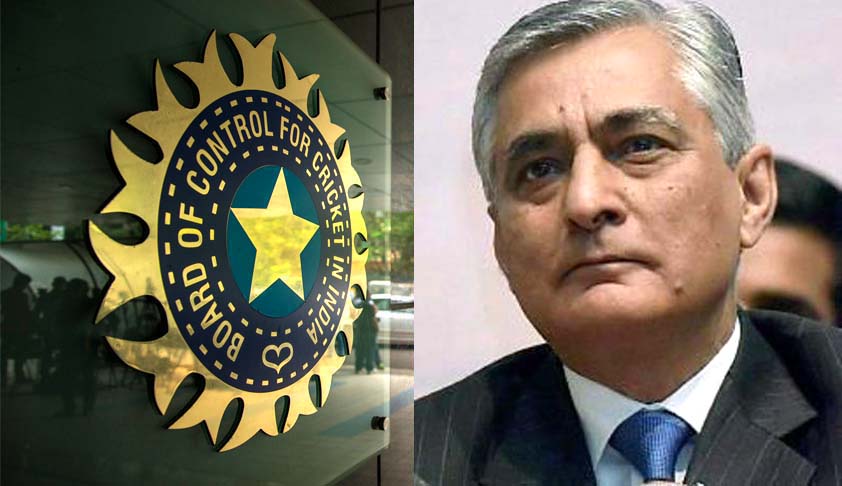Reserving Verdict, SC Hints At Tough Orders Against BCCI, Anurag Thakur
LIVELAW NEWS NETWORK
17 Oct 2016 8:43 PM IST

Next Story
17 Oct 2016 8:43 PM IST
The Supreme Court today reserved its verdict on the plea by Lodha panel for removing the entire top brass of the BCCI and replace it with an administrator after slamming the Board for its continued defiance and also pulling up its President Anurag Thakur for trying to seek the help of ICC chief for non-implementation of the recommendations.The bench headed by chief justice T S Thakur...
